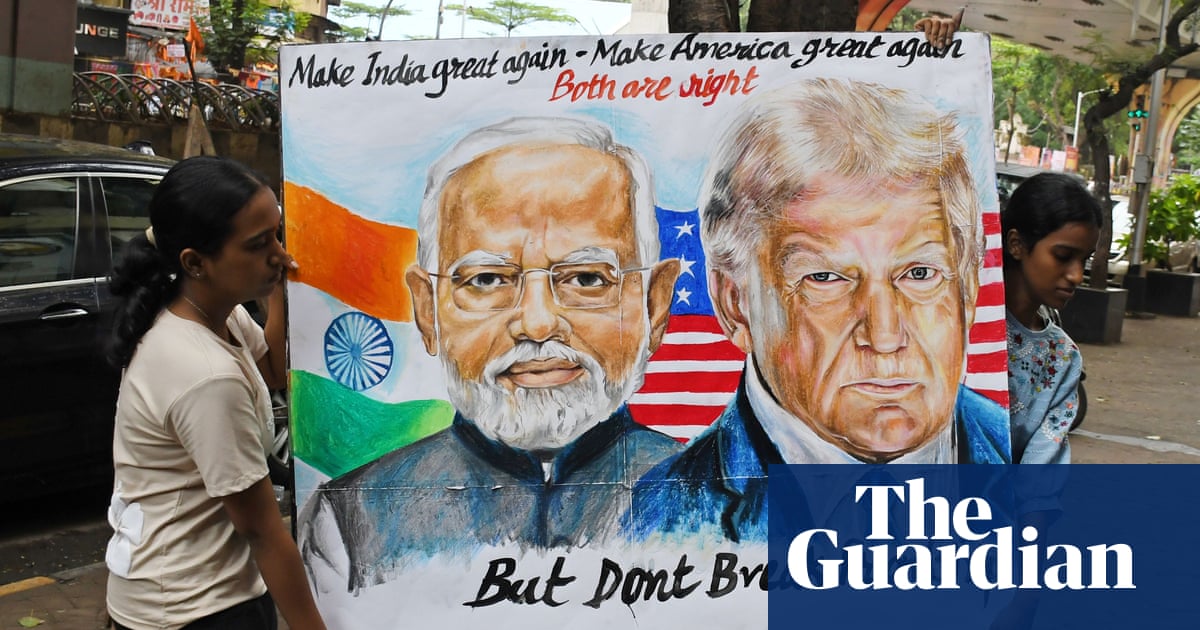The most eventful week to date in the midterm battle for the Senate just came to a close. The field in one of the marquee races of 2026 finally took shape in North Carolina, the lead architect of Project 2025 launched a primary challenge against South Carolina Sen. Lindsey Graham, Rep. Mike Collins joined the Georgia GOP Senate primary, appointed Florida Sen. Ashley Moody continued on her special election glide path when her most serious Democratic challenger dropped out, and we got a little more insight into Nebraska.
But don’t lose sight of the larger narrative. Whatever else is happening in these races from week to week, the single most important factor determining the outcome of the 2026 Senate election cycle is President Donald Trump. Nothing else is even close.
His approval ratings are part of this equation. Trump is famously rangebound in the polls, with a low ceiling and a high floor, but his popularity next year will matter — midterm history shows there is a correlation between a president’s ratings and his party’s fate.
But Trump’s unique ability to unleash the forces of electoral chaos is what really makes him the single most influential character. No one — not Mitch McConnell, not the National Republican Senatorial Committee, not Majority Leader John Thune nor anyone else — has done as much as Trump to directly shape the Senate GOP Conference over the past decade.
Since taking office in 2017, he’s hounded a handful of members out of office, been the proximate cause of lost Senate seats in Georgia and blown opportunities elsewhere (just Google McConnell and ‘candidate quality’). By elevating JD Vance and Marco Rubio from their Senate seats into his administration, Trump created two more new Republican senators.
Most recently, Trump upended the landscape in North Carolina. The traditional presidential play would have been to cut GOP Sen. Thom Tillis some slack, recognizing the complexity of the terrain and the party’s need to maximize Tillis’ chances of holding his seat. Instead, Trump became the catalyst for his retirement, enhancing Democratic chances of flipping the seat in one of the most competitive states in the nation.
So far, Trump has been unusually disciplined when it comes to the Senate — by his standards, at least. Surrounded by the most capable political team he’s ever assembled — and tempered by the bracing experience of two unsuccessful midterm elections — the president has judiciously dished out endorsements to incumbents and strategically withheld them.
He’s also largely avoided trashing wayward Senate Republicans. Until now.
Whether it’s the pressure from the Jeffrey Epstein saga or a reversion to the mean, the cracks are beginning to show. The gravitational pull toward chaos is overtaking his strategic imperatives.
In the last week alone, Trump has publicly whacked three Senate Republicans — Josh Hawley (R-Mo.), Susan Collins (R-Maine) and 91-year-old Chuck Grassley (R-Iowa), the longest-serving member of the Senate — for largely minor political offenses. [Here’s a thought exercise: Try imagining Barack Obama lighting up Robert Byrd for respecting an informal Senate practice, or George W. Bush torching Strom Thurmond.
The missile aimed at Collins, who has consistently vexed the president, was predictable, though not particularly productive. Dragging one of the most vulnerable GOP incumbents doesn’t advance the goal of holding a Senate majority.
The dig at Grassley — especially after the Senate Judiciary chair and champion of whistle-blowers fell in line on the Emil Bove nomination — was simply gratuitous. The Iowan’s GOP bona fides date back to the Eisenhower era; his ticket’s been punched in the Iowa Legislature, the House and nearly a half-century in the Senate. To suggest Grassley lacks political courage, or is a RINO, or that the president carried him to reelection in 2022, is to play cat’s paw with him.
It also served no discernable purpose, other than to remind Grassley and everyone else of Trump’s dominion over the Senate, which isn’t really in question anymore. Grassley’s meek response was revealing: he said he was “offended” and “disappointed” by the insult. Welp.
Trump can’t seem to help himself: He delights in taking down members of the world’s most exclusive club. Counting his Truth Social posts aimed at Chuck Schumer and four other Senate Democrats (“SLEAZEBAGS ALL”) Trump leveled public attacks on eight different senators in recent days.
The equal-opportunity disparagement helps explain his deep connection with the base of an increasingly populist GOP: The grassroots appreciates the fact that, when it comes to Trump, everyone in a position of power — senators, foreign leaders, former presidents, billionaires and Fortune 500 CEOs — is fair game.
The GOP begins with a structural advantage on the 2026 Senate map: Nearly all of the Republican seats up for election are in states Trump carried easily last year, while Democrats must defend at least four seats that are more precariously perched. While the midterm political winds typically blow against the party in power, to win back the majority Democrats have to flip four Republican seats, while not losing any they currently control.
It’s a daunting task, but Trump looms as the great equalizer. It wouldn’t take more than a few impulsive, undisciplined moves — such as endorsing slavishly loyal but unelectable candidates in key races, or creating messy primaries by torpedoing shaky GOP incumbents — to create just enough opportunities for Democrats to compete on what is otherwise an unforgiving Senate map.

 German (DE)
German (DE)  English (US)
English (US)  Spanish (ES)
Spanish (ES)  French (FR)
French (FR)  Hindi (IN)
Hindi (IN)  Italian (IT)
Italian (IT)  Russian (RU)
Russian (RU) 























Comments